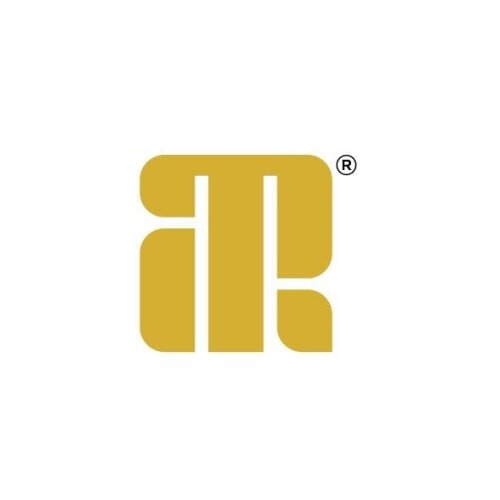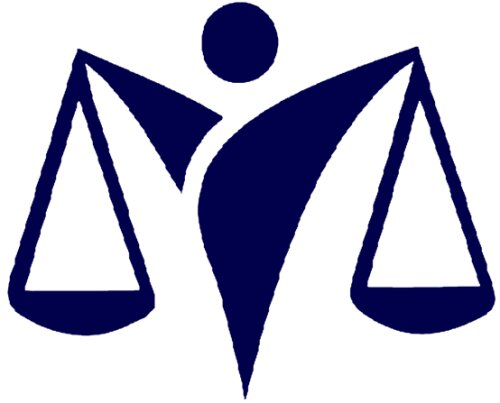Best Corporate Governance Lawyers in Kuwait City
Share your needs with us, get contacted by law firms.
Free. Takes 2 min.
List of the best lawyers in Kuwait City, Kuwait
About Corporate Governance Law in Kuwait City, Kuwait
Corporate governance in Kuwait City refers to the system of rules, practices, and processes by which companies are directed and controlled. It is designed to ensure corporate accountability, transparency, and integrity. In Kuwait City, these laws are primarily governed by the Capital Markets Authority (CMA), the Companies Law, and related Ministerial Resolutions. Good corporate governance is fundamental to fostering investor confidence, attracting foreign investment, and improving overall business sustainability.
Why You May Need a Lawyer
You may find yourself in need of a corporate governance lawyer in Kuwait City for several reasons. Common situations include starting a business and requiring advice on regulatory compliance, restructuring your company, drafting or reviewing governance policies, handling shareholder conflicts, or ensuring your business meets the latest disclosure and transparency requirements. Additionally, if your company faces investigations by regulatory bodies such as the CMA, legal representation is essential. A specialized lawyer helps navigate complex legal landscapes and safeguards your business from potential liabilities or penalties.
Local Laws Overview
Kuwait's legal framework for corporate governance is shaped by the Companies Law (Law No. 1 of 2016) and the regulations set out by the Capital Markets Authority. These laws emphasize principles like transparency, protection of minority shareholders, the clarity of directors' duties, and efficient risk management systems. Significant regulations require publicly listed companies to maintain independent audit committees and detailed disclosure policies. The appointment, functions, and responsibilities of board members are strictly regulated, including restrictions on related-party transactions and clear rules about financial reporting. Recent reforms align Kuwait's governance practices with international standards, making compliance a dynamic and ongoing process.
Frequently Asked Questions
What is the purpose of corporate governance in Kuwait City?
The main purpose is to promote transparency, ensure accountability, and protect the rights of shareholders and other stakeholders within companies, aligning Kuwait’s corporate climate with global best practices.
Do all companies in Kuwait City need to follow corporate governance rules?
All public joint-stock companies must comply with the Capital Markets Authority’s regulations. Some rules may also apply to private or family-owned companies, especially if they plan to go public or attract investment.
What are the key responsibilities of a company’s board of directors?
The board oversees management, makes strategic decisions, ensures compliance with laws, and protects the interests of shareholders and stakeholders. Directors are also responsible for internal controls and risk management policies.
How are corporate governance violations handled in Kuwait City?
Violations are investigated by the Capital Markets Authority or other regulatory bodies. Sanctions can include fines, restrictions on activities, or legal action against responsible individuals.
How can shareholders hold the board accountable?
Shareholders can vote at general meetings, inspect company records, and file formal complaints with regulatory authorities if they believe board members have breached their duties or company rules.
What are the requirements for public disclosures in Kuwait?
Public companies must regularly disclose financial statements, major transactions, and material information that could affect share prices. These disclosures must be timely, accurate, and made available to the public.
Are foreign investors protected under Kuwait’s corporate governance laws?
Yes, foreign investors receive protection under the same legal principles given to local shareholders, including rights related to transparency, voting, and access to information.
What is an audit committee and why is it important?
The audit committee oversees the accuracy of financial reporting and internal controls. It is typically made up of independent board members and serves to ensure the integrity of the company’s financial processes.
How can a company improve its corporate governance structure?
This can be achieved by creating clear policies, ensuring board independence, offering regular training, conducting self-assessments, and adopting international best practices appropriate for Kuwait’s legal environment.
What legal consequences can arise from poor corporate governance?
Consequences range from regulatory fines and reputational damage to lawsuits and possible removal of directors. Severe breaches can result in loss of operating licenses or criminal liability.
Additional Resources
Several resources and governmental bodies can assist with matters of corporate governance in Kuwait City:
- Capital Markets Authority (CMA) - Kuwait’s main regulatory body for securities and corporate governance for public companies
- Ministry of Commerce and Industry - oversees business registration, licensing, and implementation of Companies Law
- Kuwait Chamber of Commerce and Industry - offers guidance for local and foreign investors
- Professional legal associations, such as the Kuwait Society of Lawyers, can help you find specialized lawyers
Next Steps
If you require legal assistance regarding corporate governance in Kuwait City, start by gathering all relevant company documents and identifying the specific issue you face. Seek out a qualified corporate lawyer or law firm with experience in Kuwaiti corporate law and governance. You may wish to request an initial consultation to outline your concerns and understand your options. Staying informed about ongoing regulatory changes and maintaining open communication with legal counsel is essential for effective and compliant corporate governance.
Lawzana helps you find the best lawyers and law firms in Kuwait City through a curated and pre-screened list of qualified legal professionals. Our platform offers rankings and detailed profiles of attorneys and law firms, allowing you to compare based on practice areas, including Corporate Governance, experience, and client feedback.
Each profile includes a description of the firm's areas of practice, client reviews, team members and partners, year of establishment, spoken languages, office locations, contact information, social media presence, and any published articles or resources. Most firms on our platform speak English and are experienced in both local and international legal matters.
Get a quote from top-rated law firms in Kuwait City, Kuwait — quickly, securely, and without unnecessary hassle.
Disclaimer:
The information provided on this page is for general informational purposes only and does not constitute legal advice. While we strive to ensure the accuracy and relevance of the content, legal information may change over time, and interpretations of the law can vary. You should always consult with a qualified legal professional for advice specific to your situation.
We disclaim all liability for actions taken or not taken based on the content of this page. If you believe any information is incorrect or outdated, please contact us, and we will review and update it where appropriate.

















